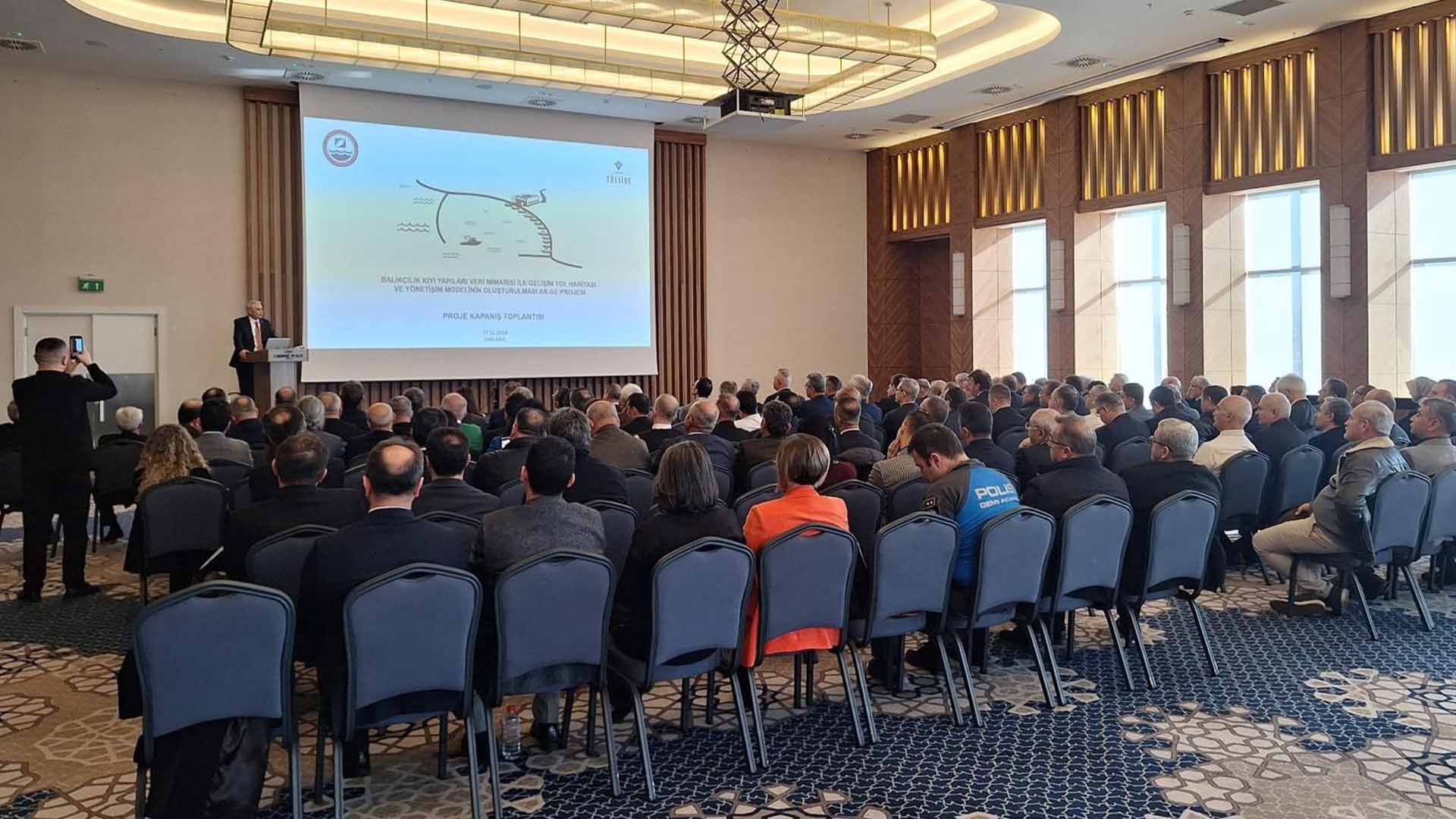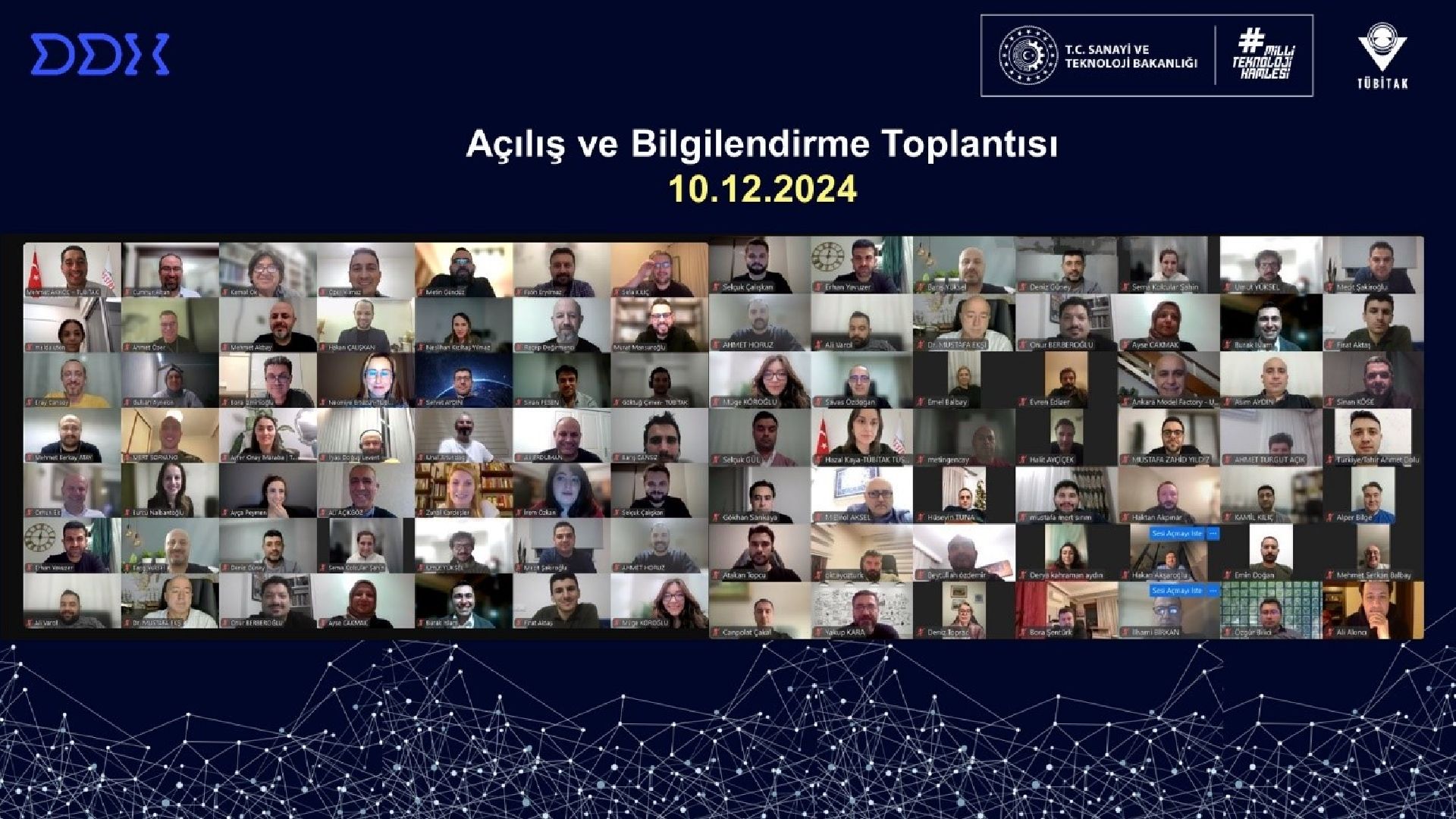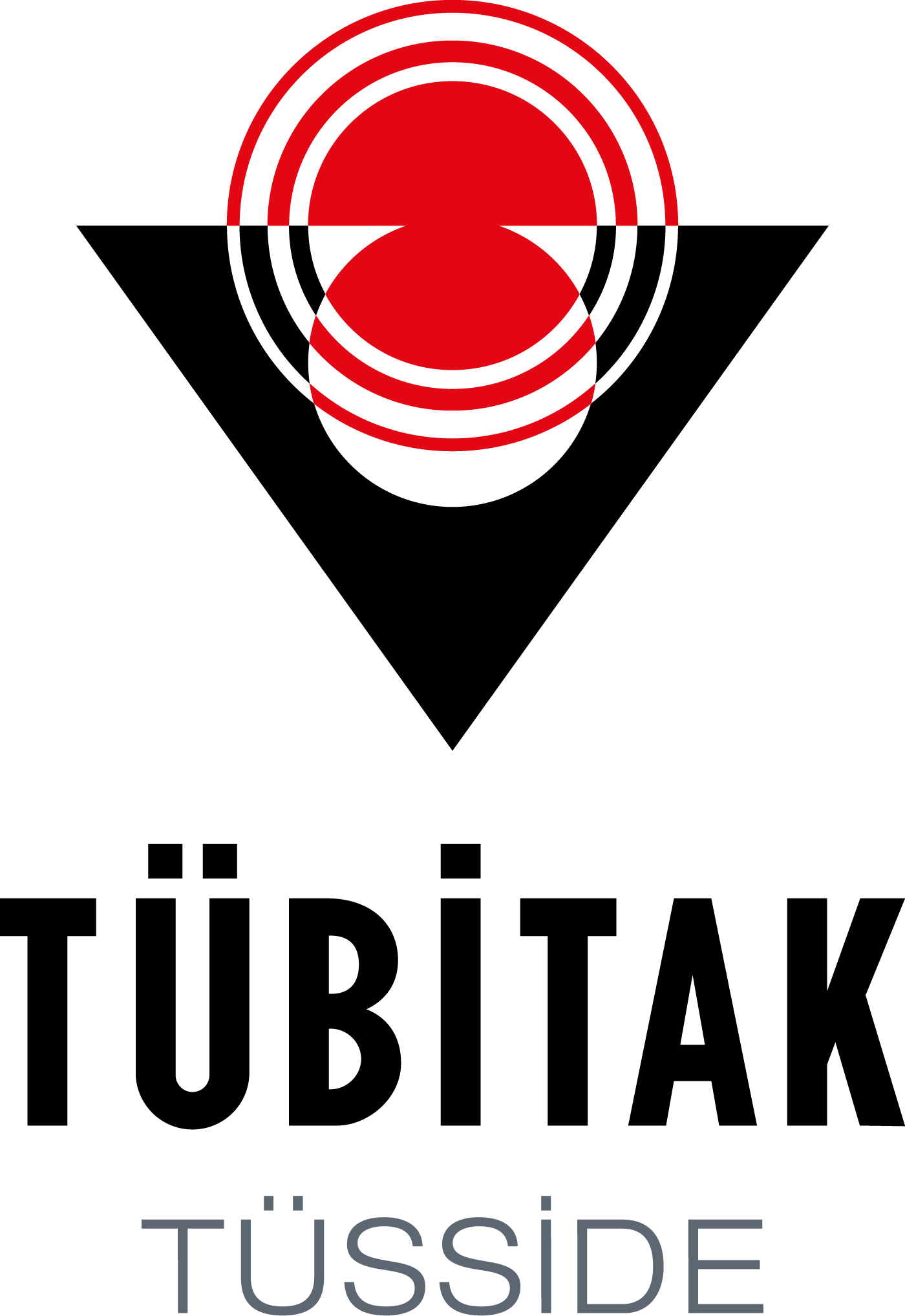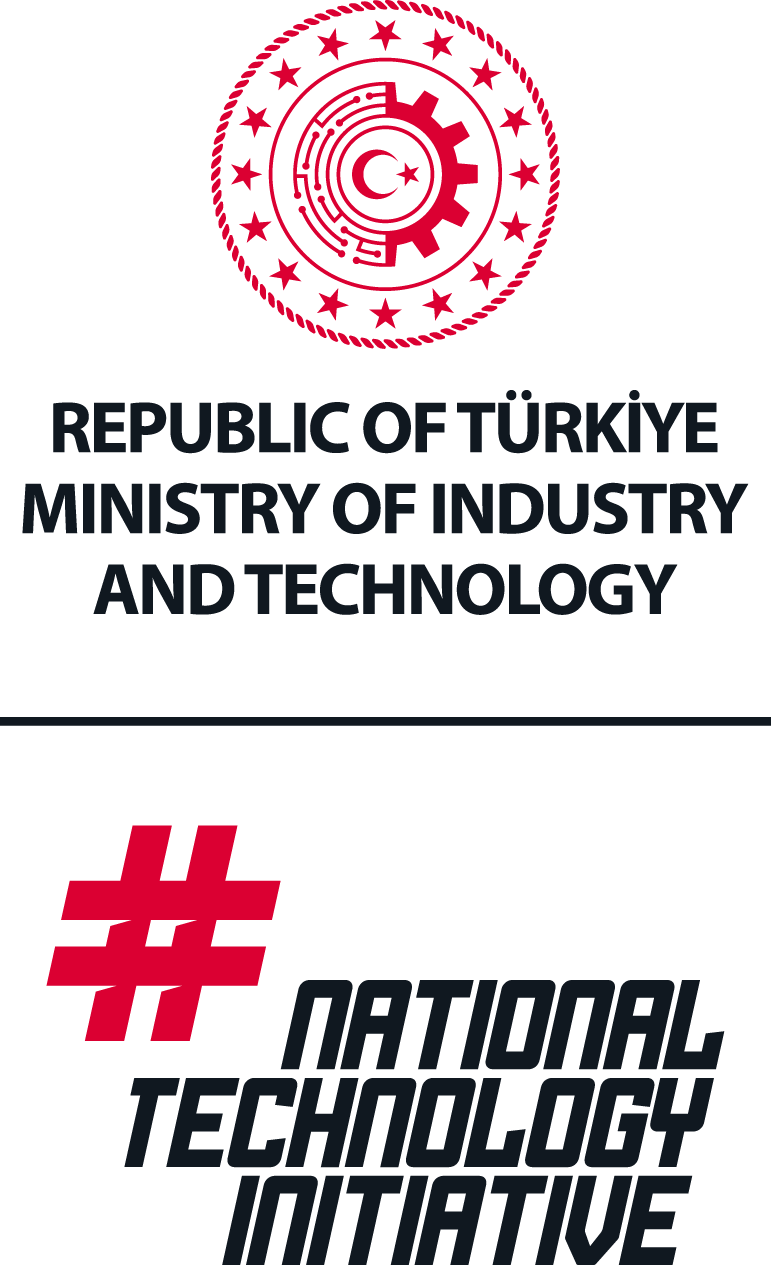'Konya-Karaman-Mersin Industry and Trade Corridor Study and Feasibility Project', carried out by TÜBİTAK TÜSSİDE, ended with the closing workshop and sharing of the project findings. Participants from the public, civil society, private sector and universities contributed to the workshop, which had a large number of participants.
The Closing Workshop started with the opening speech of Konya Plain Project (KOP) Regional Development Administration President İhsan BOSTANCI and continued with the speech of TÜBİTAK TÜSSİDE Institute Director Tezer BATTAL. The protocol speeches ended with Konya Deputy Ziya ALTUNYALDIZ's evaluations about the project. The first session of the closing workshop was completed with the presentation of the findings obtained as a result of the studies and analyzes by Chief Expert Researcher Dr. İsmail ÖNDEN to the participants.
In the second session, with the participation of participants from the public, private sector, non-governmental organizations and universities, the studies were completed by following the steps of the Common Mind Platform method, which is a registered product of TÜBİTAK TÜSSİDE, under the moderation of Researcher Mesut SAMASTI. Although the closing workshop was the last work item of the project, the findings of the project were systematically evaluated and the project was finalized.
In the opening speeches, the potential of the region, future goals and possible improvements for the construction of an alternative industrial center for Turkey on the Konya-Karaman and Mersin axis were discussed. In the project presentation, the findings identified within the scope of the research and recommendations for the region are briefly given. Within the scope of the presentation, the economic situation of the current world, Turkey and the KOP region, the orientation towards value-added production is a necessity and the product items that need to be focused on are given. Then, analyzes regarding the use of the existing trade corridor and what the trade corridor will be in the new situation as a result of strategies for possible products to focus on are discussed. Conceptual discussions and quantitative analyzes are given regarding the establishment of Special Economic Zones in the region, which are among the strategies that increase the use of trade corridors. Feasibility analyzes regarding the current transportation infrastructure and the future situation were evaluated and the return rates on investments were given. Finally, all findings were combined and action plan recommendations for the KOP Region were discussed.
Within the scope of the workshop, the project findings obtained by all participants were evaluated and applicable solutions for the new industrial areas were discussed.










